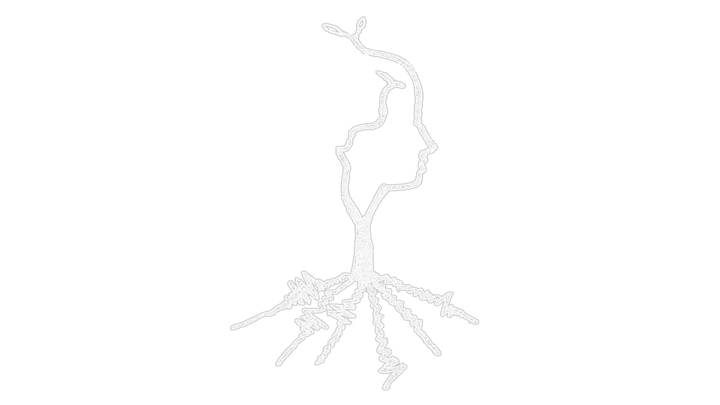This symposium brings together leading experts in the domain of cognitive control, decision making and metacognition. Four internationally renowned speakers will present their latest work and sufficient time is reserved to enter into discussion with each of these speakers. The main focus of the talks of Richard Ridderinkhof (Universiteit van Amsterdam, the Netherlands) and Boris Burle (Université de Marseille, France) is on the (neural) implementation of motor inhibition. Nick Yeung (Oxford University, UK) and Axel Cleeremans (Université Libre de Bruxelles, Belgium) present their work on metacognition and decision making.
Schedule
10:00 – 10:40 Boris Burle “Response inhibition and error prevention”
So called “human errors” can have dramatic consequences, for example in nuclear plants or in airplanes. They also play an essential role in learning, especially in reinforcing control and/or changing strategies. Behavioral errors, however, are only the tip of the iceberg: very efficient control mechanisms allow to overcome many potential failures. In the laboratory, recording electromyographic activities of the muscles involved in response allows to study such “partial-errors” and to reveal control mechanisms. After briefly describing what these partial errors are, I will present an overview of some results showing their usefulness not only to understand error processing and recovery, but also to discriminate between formal models of decision making, and to assess impulsive behavior.

10:40 – 11:20 Richard Ridderinkhof “Free won’t after a beer or two: An EEG study on Intentional Inhibition”
Acute alcohol intake affects inhibition. Task that are typically used to study response inhibition, such as the stop-signal task and go/no-go task, involve an external cue that tells you to stop. However, in our daily life there isn’t always an external stop signal, such as when we want to stop eating nuts (in favor of long-term dietary priorities). Intentional inhibition refers to the capacity to endogenously withhold an ongoing, immediately gratifying action (typically in favor of some other priority).
In the current experiment we employed a novel visuomotor chasing task to test cued and intentional inhibition in a single experiment. EEG activity was measured both under alcohol and placebo for each participant. A slow negative-going wave was observed, starting 1.5 seconds before participants voluntarily initiate the action. A highly similar Readiness Potential was observed prior to voluntary disengagement from the ongoing action. No such Readiness Potential was observed prior to externally triggered action engagement or inhibition. This finding suggests that intentional inhibition has neurophysiological precursors similar to intentional action initiation. We propose that this Readiness Potential reflects processes involved in the formation of an intention. We will discuss the possible nature of this process in terms of ideomotor control and forward modeling of the sensory consequences of our actions.
Surprisingly, no main or interaction effect of alcohol was observed. Alcohol use appears to have a limited effect on intentional inhibition processes. Additional data conform and nuance this conclusion.
Short Break
11:40 – 12:20 Axel Cleeremans “Metacognition and decision making”
Drawing on recent research, I will overview current thinking about the relationships between metacognition, decision-making, and consciousness.
These relationships are complex: Some theories of consciousness take it as a starting point that awareness itself depends on the involvement of processes that are metacognitive in nature; other do not. Conversely, some theories of metacognition assume that ability to express accurate judgments about the quality of our decisions does not necessarily require awareness. Finally, different theories of decision-making make contrasted assumptions about the respective involvement and importance of conscious vs. unconscious mechanisms in decision-making. In this talk, I will attempt to show how these different perspectives may be reconciled by suggesting (1) that metacognitive processes are fundamental in any cognitive system and (2) that it may be useful to distinguish between different kinds of metacognitive operations.
12:20 – 13:00 Nick Yeung “Confidence and adaptive decision making”
Human observers are capable of finely calibrated evaluations of their own decisions, knowing when they have made errors and, conversely, feeling sure when they are correct. Existing research has documented how error detection and associated neural activity support fine-grained control of the decision process, such as the trade-off between speed and accuracy. In my talk, I will describe a parallel process whereby conscious evaluations of decision confidence–the subjectively judged accuracy of a decision–support higher-level strategic control of decision making, including the choice of what information to sample and indeed whether to make a decision at all.

